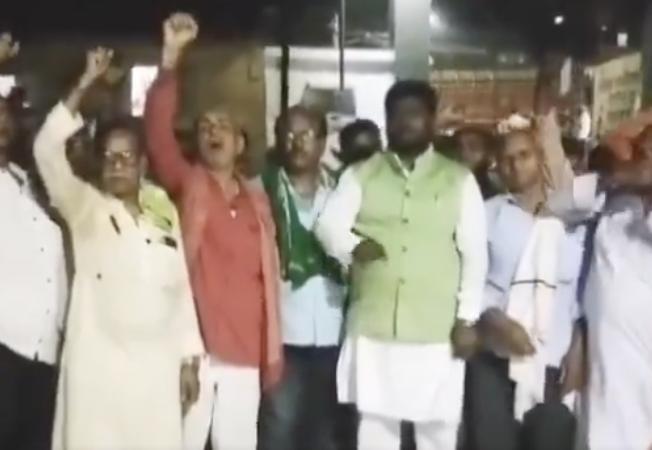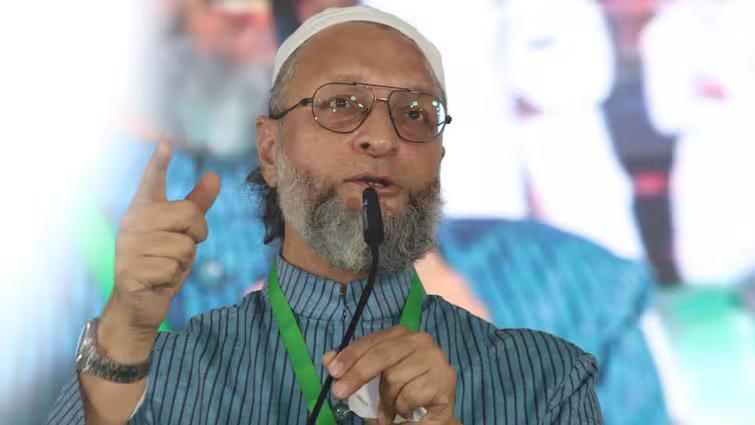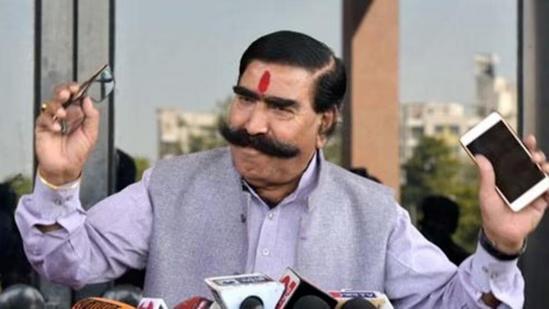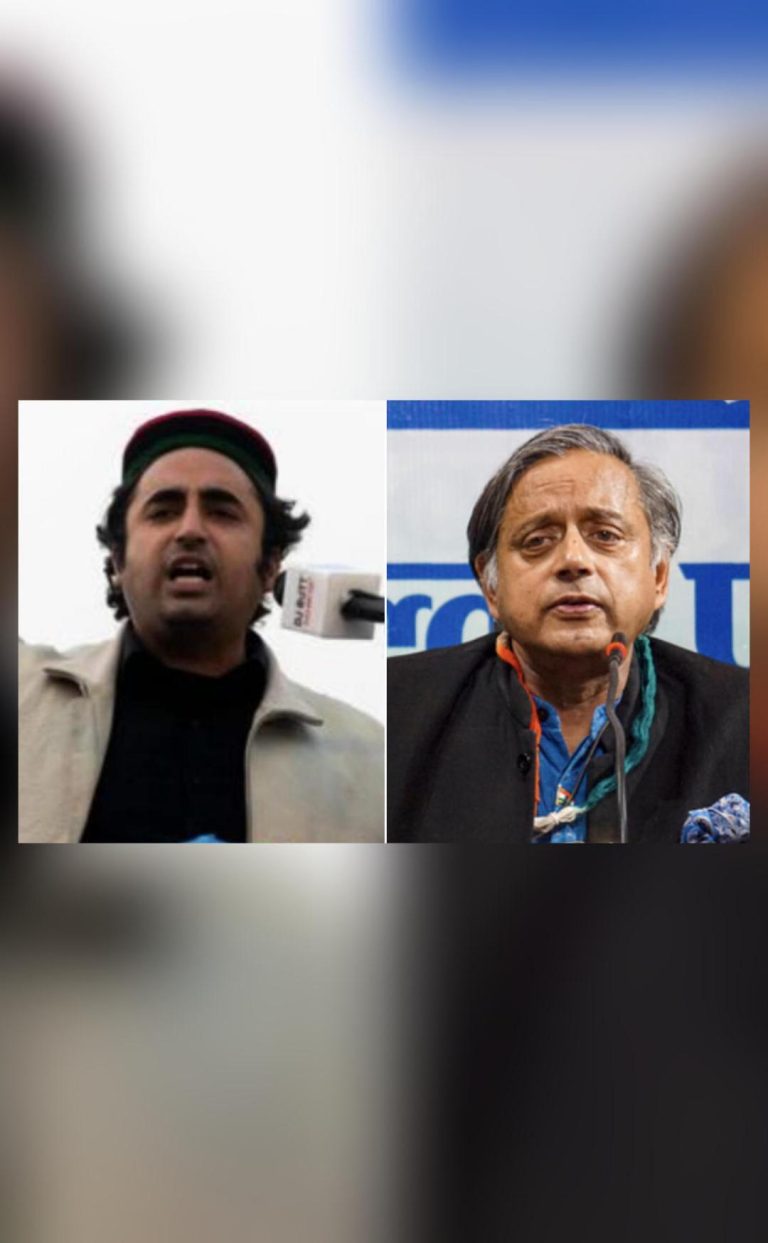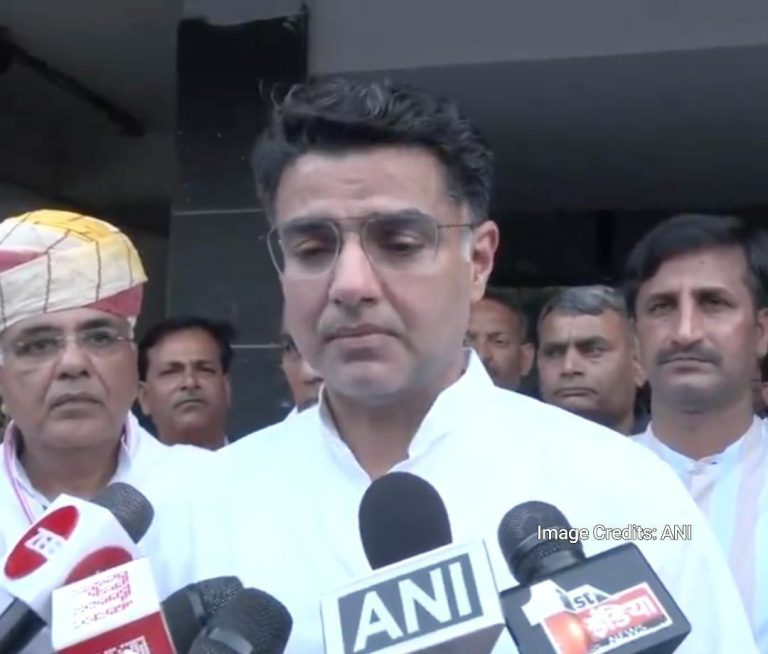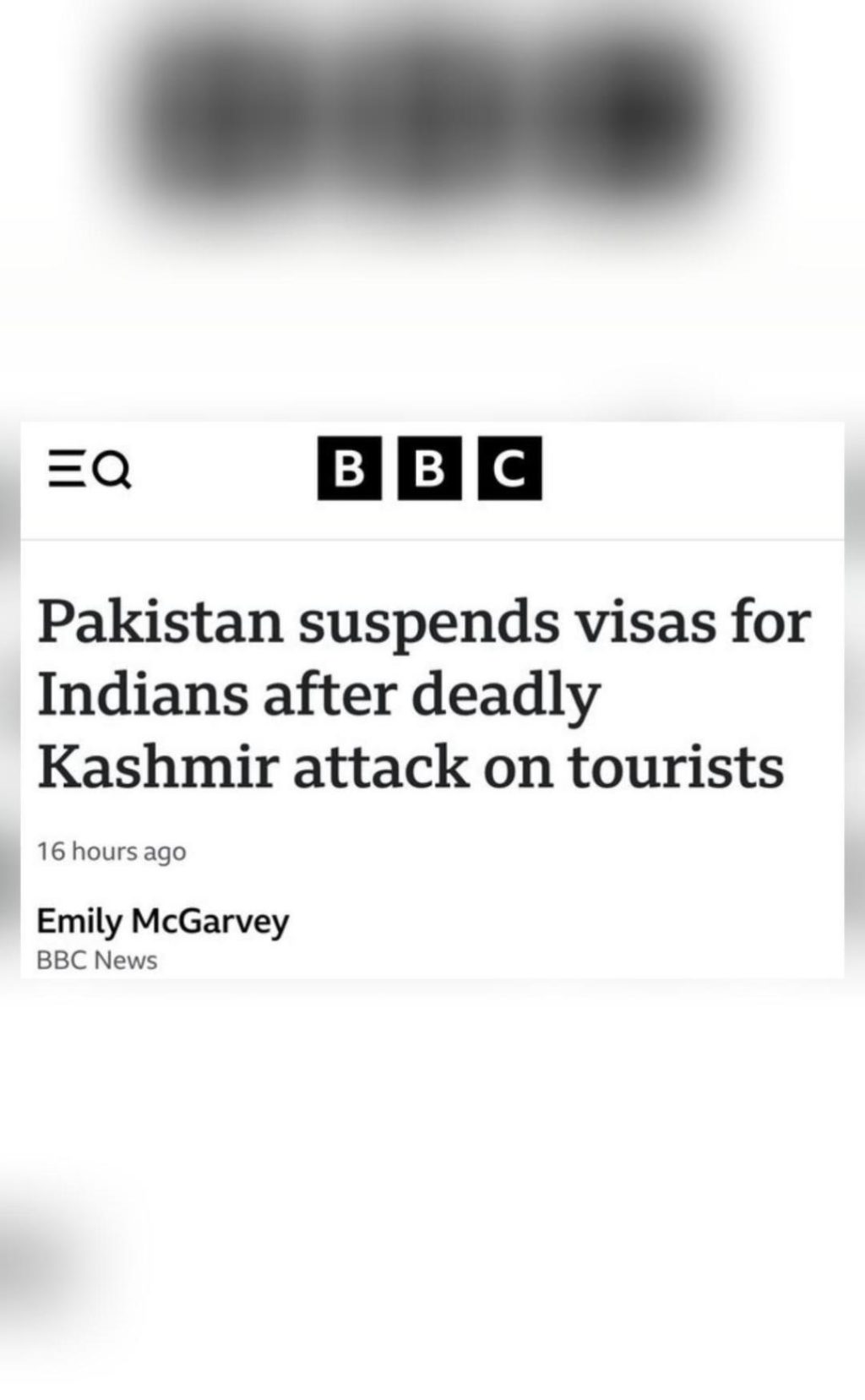
Title: Calls to Boycott BBC after it Portrays Pakistan as Victim in Pahalgam Terror Attack
The recent terror attack in Pahalgam, Kashmir, which left several foreign tourists, including a family from Pakistan, dead, has sparked outrage and anger across the world. The attack, which was carried out by terrorists, has been widely condemned by governments and international organizations. However, the BBC’s recent portrayal of the attack as a “deadly Kashmir attack on tourists” has sparked a backlash, with many calling for a boycott of the British public service broadcaster.
The BBC’s article, which was titled “Pakistan suspends visas for Indians after deadly Kashmir attack on tourists,” has been criticized for its biased and one-sided reporting. The article presents Pakistan as the victim of the attack, with no mention of the terrorists who carried out the attack or the fact that India has been a victim of terrorism for decades.
Reacting to the article, many have taken to social media to express their outrage and disappointment. One user wrote, “India…should ban BBC.” Another user wrote, “BBC makes it sound like India killed Pakistani tourists…How much lower can they fall?” Author Sandipan Deb also wrote a scathing critique of the BBC’s reporting, saying, “BBC makes it sound like India killed Pakistani tourists…How much lower can they fall?”
The backlash against the BBC is not limited to social media. Many have called for a boycott of the broadcaster, citing its biased and one-sided reporting. The controversy has also sparked a wider debate about the role of media in reporting on international conflicts and the need for objective and balanced reporting.
The Pahalgam terror attack was carried out by terrorists who attacked a tourist bus in the Kashmir Valley. The attack left several foreign tourists, including a family from Pakistan, dead and many others injured. The attack was widely condemned by governments and international organizations, with many calling for an end to terrorism and violence in the region.
The BBC’s portrayal of the attack as a “deadly Kashmir attack on tourists” has been widely criticized for its bias and sensationalism. The article presents Pakistan as the victim of the attack, with no mention of the terrorists who carried out the attack or the fact that India has been a victim of terrorism for decades.
In addition to the BBC’s biased reporting, many have also criticized the broadcaster for its lack of context and understanding of the complex political situation in Kashmir. The region has been a flashpoint for decades, with many claiming that it is the site of a long-standing dispute between India and Pakistan.
The dispute over Kashmir is a complex and sensitive issue, with many different perspectives and opinions. However, the BBC’s portrayal of the Pahalgam terror attack as a “deadly Kashmir attack on tourists” has been widely criticized for its bias and lack of understanding of the issue.
In conclusion, the backlash against the BBC for its portrayal of the Pahalgam terror attack as a “deadly Kashmir attack on tourists” is a sign of the growing frustration and anger among many with the broadcaster’s biased and one-sided reporting. The controversy has sparked a wider debate about the role of media in reporting on international conflicts and the need for objective and balanced reporting.
Sources:
